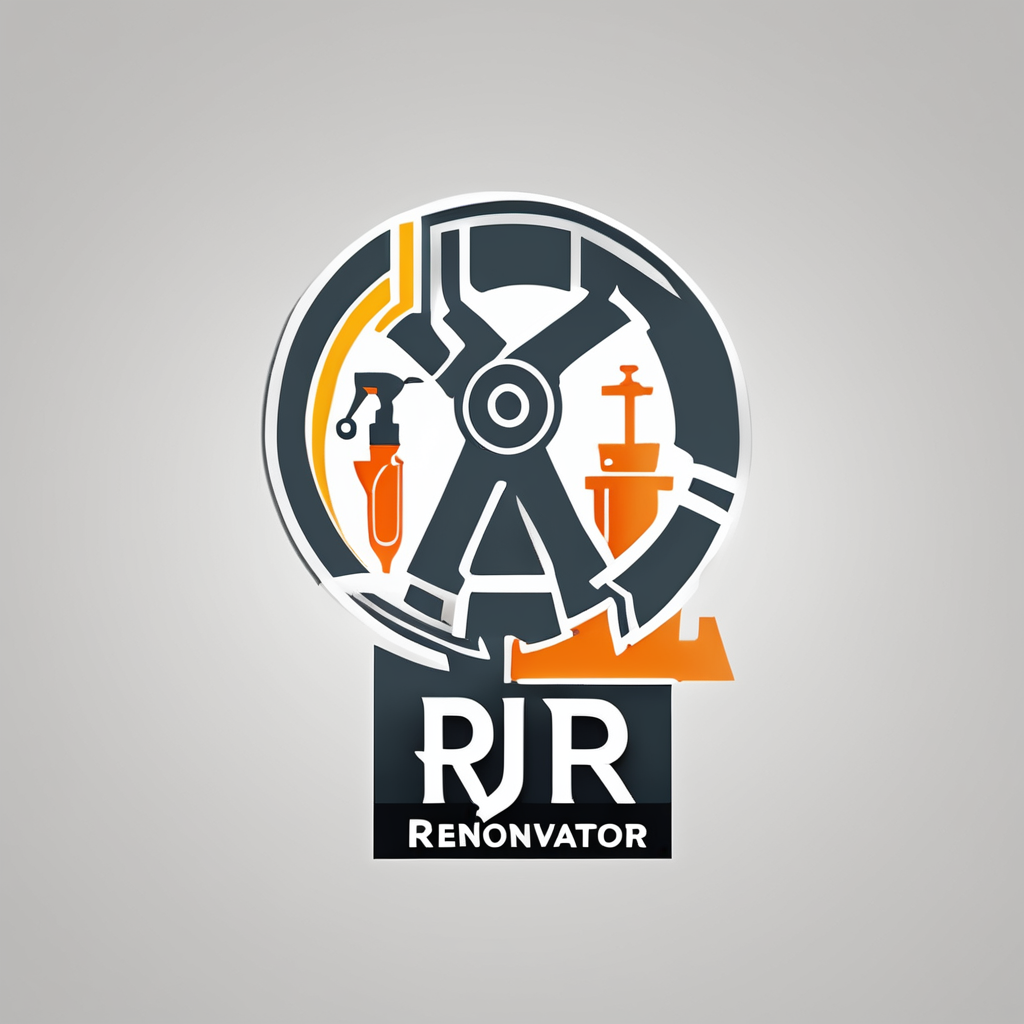Understanding the Importance of Document Security During a Move
When moving home, ensuring document security should be a top priority. Confidential documents are particularly vulnerable to various risks during relocation. Misplaced or mishandled papers could lead to identity theft or even a privacy breach—a situation with potentially serious implications. During a move, sensitive information such as bank statements, passports, or medical records could fall into the wrong hands, leading to unauthorized use of personal information.
Legal obligations also demand rigorous protection of such documents. Organizations and individuals are often required to follow specific guidelines to safeguard personal data. This is not only a significant legal requirement but also a crucial ethical responsibility to prevent data violations.
In the same genre : Effortless Home Moves: Pro Tips for Relocating with a Gorgeous Outdoor Kitchen
To mitigate these risks, having a well-thought-out strategy for managing confidential documents is essential. Understanding the potential for unwanted access or theft should guide methods of storage and transport during the move. The key is to pre-emptively identify potential risks and take preventive actions that align with legal standards, ensuring that the relocation process upholds the highest standards of privacy and security.
Practical Strategies for Safeguarding Documents
Securing your documents while moving requires careful planning and attention to detail. Missteps can lead to unauthorized access to personal information.
Additional reading : Mastering the Move: A Comprehensive Guide to Relocating an Art-Filled Home Successfully
Use Secure Containers
To ensure document security, choose secure containers that protect against damage and theft. Containers like lockable filing boxes, fire-resistant safes, or heavy-duty storage bins are excellent for safeguarding confidential documents. Make sure they are clearly labeled and organized. For added protection, separate documents by category—financial, medical, personal—and consider using color-coded labels to quickly identify contents. Proper labeling helps keep track and ensures nothing is left behind.
Digital Backups for Essential Documents
Creating digital backups is a vital safety measure. Scan essential documents and store them in secure, encrypted cloud services or external drives. Encryption prevents unauthorized access, adding a layer of security. Ensure these backups are updated regularly. Always use strong passwords and enable two-factor authentication to enhance access protection.
Transportation of Documents
Opt for reliable methods when transporting confidential materials. You might carry them personally or use a trusted courier service. When hiring moving companies, inquire about their confidentiality measures. Be explicit about your requirements to ensure your documents arrive safely. Always prioritize methods that maintain security above convenience.
Checking with Moving Companies
When preparing for a move, selecting the right moving companies plays a crucial role in maintaining confidentiality. To ensure the safe handling of sensitive materials, it’s essential to first ask pertinent questions regarding their document security practices.
Key Questions to Ask:
- What measures do you have in place to safeguard client documents?
- How do you handle confidential materials during the transportation process?
- Can you provide references or examples of past experiences handling sensitive items?
Evaluating a company’s reliability requires a thorough examination of their confidentiality policies. It’s worth researching online reviews and asking for testimonials from previous clients to assess their trustworthiness. Reliable moving services will often have standard protocols ensuring document security and a proven track record of handling sensitive information professionally.
Seeking recommendations for highly regarded professional services might further ensure a smooth relocation. In the UK, companies known for their stringent confidentiality measures are often preferred. Such services are accustomed to adhering to specific legal requirements, ensuring both the safe transit and peace of mind for their clients. Remember to clearly outline your confidentiality requirements and expectations with your chosen company before the move begins. This implies trust is established from the onset, and a secure relocation ensues.
Post-Move Document Organization and Security
After safely moving home, it’s crucial to establish a solid plan for document organization and security measures.
Setting Up a Safe Document Space
Designate a secure area for confidential documents to prevent unauthorized access. Utilize lockable filing cabinets or safes to store sensitive information. Investing in fireproof and waterproof storage solutions adds an extra layer of protection against unexpected incidents. Regularly review and update your document storage system, ensuring that it remains organized and secure. Clear labeling and categorization simplify retrieval and reduce the risk of misplacing important documents.
Legal and Regulatory Compliance
Understanding relevant regulations in the UK is vital for maintaining document security. Ensure compliance with laws like GDPR, which governs data protection. Staying informed about these regulations helps you uphold your legal obligations during and after your move. For assistance, consider consulting legal experts specializing in document protection to ensure your practices align with current laws.
Available Resources and Services
Leverage UK-based services for document securing and shredding to enhance your identity protection measures. Recommendations for professional identity theft protection services can provide peace of mind. Don’t hesitate to seek professional advice on maintaining document security post-move, as it can be instrumental in safeguarding your personal information.

